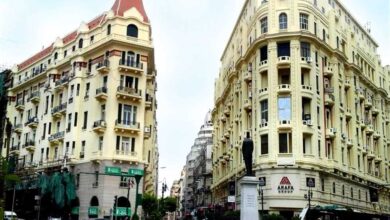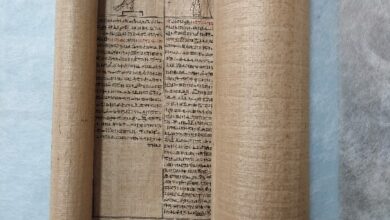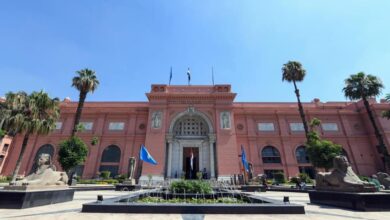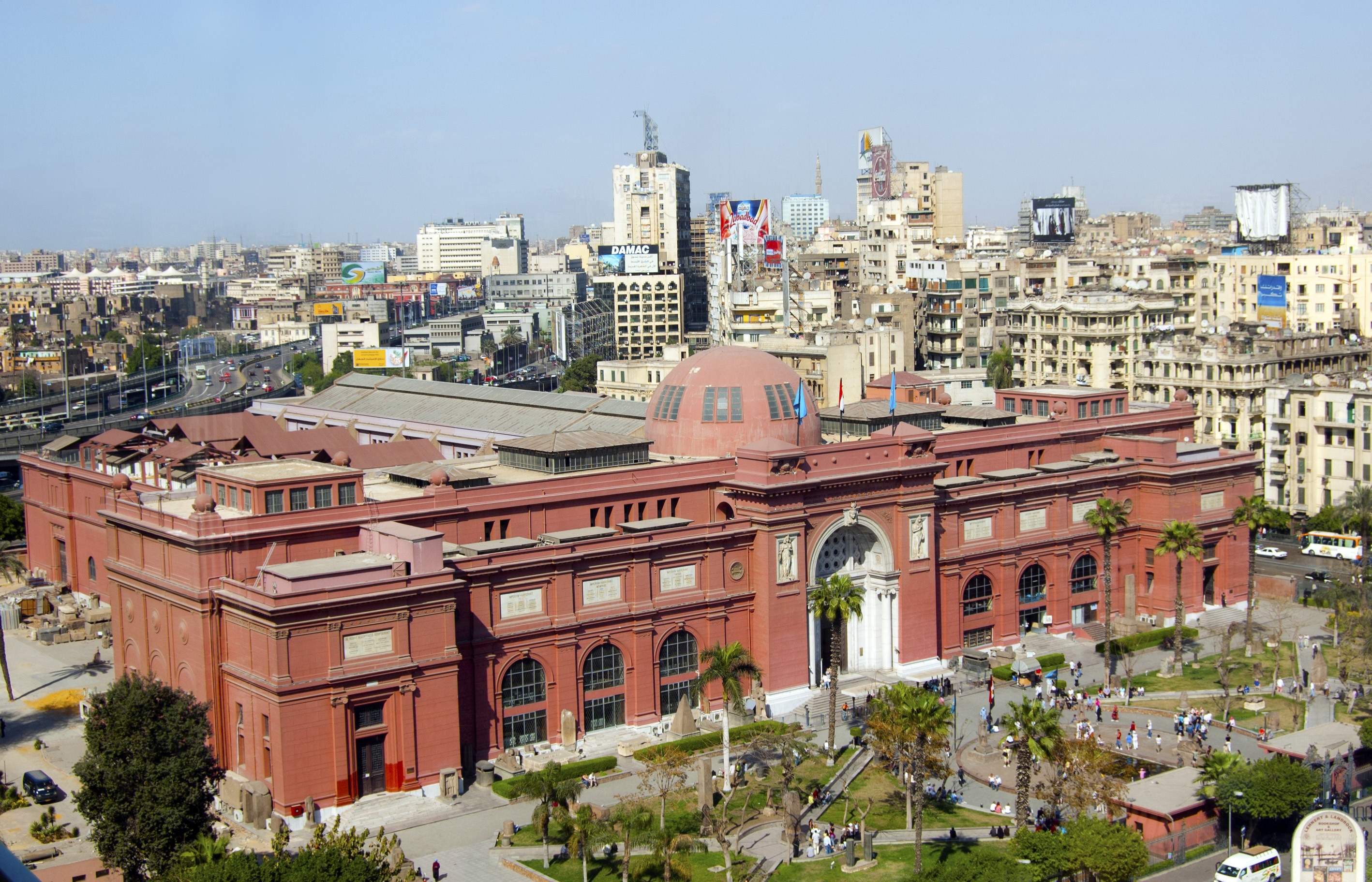Today’s papers show conflicting reports on the upcoming protest scheduled for Friday.
While the privately-owned Al-Shorouk daily leads with a headline reading: “A million-man protest to express love for Egypt defies [the Supreme Council of the Armed Forces’] threats,” the state-owned Al-Ahram’s says: “Friday million-man protest canceled and national conference planned to agree on constitutional principles.”
Al-Shorouk’s report says that political forces insist on holding the rally in Tahrir Square despite threats from the military, which dispersed a sit-in forcibly in the same square last week. The paper quotes youth leader Amr Hamed as ruling out the possibility that the protest can be held elsewhere, contending that Tahrir has been the epicenter of the revolution.
Secular forces, Copts and some Sufi groups have called for this demonstration to respond to the massive rally that Islamists held last month in the square. Tens of thousands of bearded men had flooded to the square raising banners calling for the implementation of Sharia and denouncing secularists. The protest sent shock waves through several segments of Egyptian society, which voiced fears that Egypt might turn into another Afghanistan.
The Al-Ahram coverage offers an opposite account. For the state-owned daily, political forces have decided to cancel the protest. Al-Ahram has chosen to emphasize the comments made by Ali al-Salmy, deputy prime minister for political affairs, who went to a meeting held Monday by political groups that had called for the Friday protest. At the meeting, Salmy called on activists not to hold their protest in Tahrir Square and asked them to discuss their demands with the cabinet and the Supreme Council of the Armed Forces (SCAF). Salmy assured non-Islamist forces that “Egypt is for all Egyptians and no faction can hijack it,” according to Al-Ahram. The paper does not mention anything about the response of political forces to this request, assuming that Salmy’s proposition did not only convince protesters to relocate their protest but to cancel it altogether.
For its part, the privately owned Al-Tahrir newspaper gives a better account of the talks held between protesters and Salmy. According to the paper, Salmy asked protesters to demonstrate in Nasr City or at the People’s Assembly instead of Tahrir Square. The paper says that some of those who called for the protest had announced that they might consider this option.
Al-Wafd newspaper leads with an important update on the trial of former Interior Minister Habib al-Adly, who is accused along with six of his aides of killing protesters during the revolution. On Monday, defense lawyers as well as attorneys representing victims’ families were given a chance to examine the evidence. Al-Wafd says that the latter group of lawyers complained that the evidence displayed did not contain the any traces of live ammunition, while many protesters were allegedly shot at with live bullets. Also, lawyers were not allowed to examine videotapes and CDs on which the intelligence services have recorded the details of clashes that accompanied the revolution, says Al-Wafd. The paper quotes Adly’s lawyer, Essam al-Batawy, as denying reports about the disappearance of voice recordings of phone conversations between his client and one of his aides. In these recordings, Adly had allegedly ordered Ahmed Ramzy to open fire at protesters.
According to state-owned Al-Akhbar, the lawyers were allowed to read the testimony of four police officers who said that their fellows bussed in armed thugs in 15 cars and sent them to demonstration spots so they could beat protesters.
On its front page, Al-Tahir highlights a highly controversial piece of information. The paper quotes an informed source, which asked to remain anonymous, as saying that Mubarak’s sons, Gamal and Alaa, are being protected and served by three republican guards in Tora prison. This special treatment could stir the outrage of many Egyptians who insist that Mubarak, his sons and all his companions should be getting the same treatment as other prisoners. The story might also arouse suspicions that the military is still protecting Mubarak and his family and might eventually resist their conviction.
In one of its inside pages, Al-Tahrir has a story that might reinforce suspicions of a secret deal between the military and the Muslim Brotherhood. The paper says that Brotherhood leaders have pressured the family of Mohamed Mohsen Ahmed to accept blood money and withdraw the complaint he has filed. Last week, Ahmed had succumbed to injuries he had received during the infamous Abbasseya clashes. Ahmed was reportedly among thousands of protesters who intended to march to the Defense Ministry on 23 July to denounce the SCAF performance. As soon as they reached Abbasseya, they realized that barbed wires would prevent them from reaching their destination. In the meantime, they found themselves cordoned by thugs and the area residents who attacked them with stones and Molotov cocktails. At least 200 people were injured. Activists have blamed Ahmed’s death on the military, arguing that it failed to provide enough protection to protesters on that day.
In her column “O revolution” in Al-Tahrir, Naglaa Bedeir raises questions about the future of the revolution in light of the military’s recent use of violence against protesters in Tahrir.
“The military police and Central Security Forces are occupying streets gradually, and treat any Egyptian who has demands as if he were a soldier who ran away from service,” Bedeir writes.
Last Monday, the military and Central Security Forces dispersed a sit-in that began on 8 July by force. Tents were torn down and more than a hundred people were randomly arrested.
“The important question is: Would Egyptians accept that? And would they believe the soap opera that is the Mubarak trial?”
Egypt’s papers:
Al-Ahram: Daily, state-run, largest distribution in Egypt
Al-Akhbar: Daily, state-run, second to Al-Ahram in institutional size
Al-Gomhorriya: Daily, state-run
Rose al-Youssef: Daily, state-run, close to the National Democratic Party’s Policies Secretariat
Al-Dostour: Daily, privately owned
Al-Shorouk: Daily, privately owned
Al-Wafd: Daily, published by the liberal Wafd Party
Al-Arabi: Weekly, published by the Arab Nasserist party
Youm7: Weekly, privately owned
Sawt al-Umma: Weekly, privately owned




